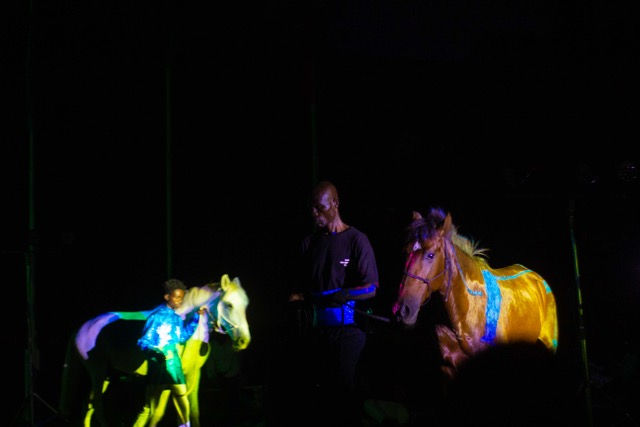Zambezi Working Donkey Project-Zambia, a 2-time AKI grantee
- KarenAshville
- Apr 22, 2023
- 3 min read
,Continuing the work they started with their 1st Africa-Based Animal Welfare Organization Grant in 2020, Zambezi Working Donkey Project educated rural communities about the welfare of donkeys. With the assistance of the Community Livestock Officers (CLO) trained under the previous grant, ZWDP organized community training days and educational programs in schools.
A typical visit in February was to the village of Nsongwe where they met thirteen donkey owners. The session started with a basic introduction to donkey welfare, and Emmanuel was pleased to find that the participants were very interested in the material being presented and had many questions. Emmanuel demonstrated hoof cleaning as well as how to check for ticks and reported that everyone was so engaged and wanted to share stories.

Some owners were using ox yokes on their donkeys which are much too heavy for a donkey’s neck and back. The ZWD team set about replacing these with humane, size and weight-appropriate harnesses as well as taking the opportunity to explain the importance of not using the ox yoke on any animal except an ox.

ZWD returned to the same village in March, this time bringing their mobile vet clinic. They found eight donkeys already waiting for them and were pleased to discover that the donkeys were in fairly good condition. Most needed treatment for ticks but there were few with deep or infected wounds.

As word of the clinic spread, more owners arrived with their donkeys and were able to receive treatment including preventative care. One important task was to deworm the donkeys since most were skinny and hadn’t been dewormed for over a year.
One of the owners was using a cart that was too heavy for his donkey; after Project Manager, Sjeel explained why this was a problem, he made a note to check back in a few weeks to see if the owner had indeed replaced the cart as instructed.
The humane education program has proved to be not only successful in terms of having lots of eager and interested students, but also fun for the ZWD team to carry out. In February for example, they went to a school in Simonga Village. As soon as they arrived, Sjeel and Emmanuel were shown poems and drawings of donkeys that the students had prepared. One group had a sketch depicting an old man who was mistreating his donkey and the village headman had come to rescue the donkey. It was a great way to start the humane education program!

Emmanuel went on to explain how to care for and humanely treat donkeys, and the children were really engaged, asking lots of question. Later, one of the villagers brought his donkeys to the school for a live demonstration. Emmanuel showed them how to check for ticks, how to flea treat a donkey and how to check the donkey’s hoofs. Sjeel felt the event was a big success. “We had such a great time teaching these children about our charity and donkey welfare!” he said.


In March, at a different school, Emmanuel reported that 150 children came to the humane education class and they were all thoroughly engaged. “This aspect of our humane education program is so important,” Emmanuel explained.“ You can really see that the children are learning so much.”
On their way back to the office, ZWD were delighted to see one of their humane education banners up on a relatively busy road where many people will see it. "With AKI’s grant, we are able to leave something informative behind in the areas where we have been working," Sjeel remarked.





